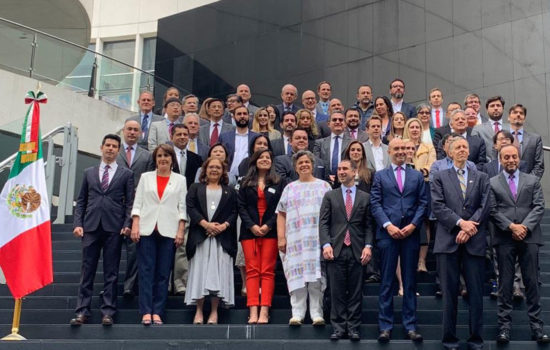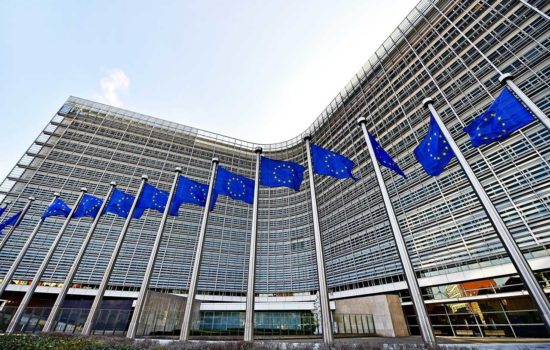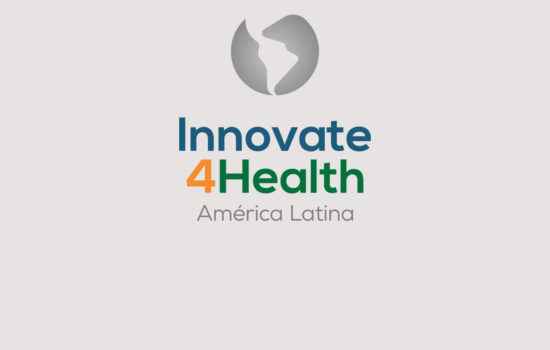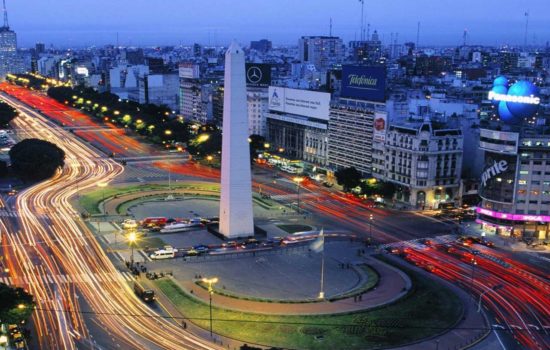
Geneva Network at the 2019 Summit of the Global Trade and Innovation Policy Alliance
Philip Stevens represented Geneva Network at the 2019 Summit of the GTIPA in Mexico City, joining…
Philip founded Geneva Network in 2015. His main research interests are the intersection of intellectual property, trade, and health policy. Formerly he was an official at the World Intellectual Property Organization (WIPO) in Geneva, where he worked in its Global Challenges Division on a range of IP and health issues. Prior to his time with WIPO, Philip worked as director of policy for International Policy Network, a UK-based think tank, as well as holding research positions with the Adam Smith Institute and Reform, both in London. He has also worked as a political risk consultant and a management consultant. He is a regular columnist in a wide range of international newspapers and has published a number of academic studies. He holds degrees from the London School of Economics and Durham University (UK). He is also a Senior Fellow at the Institute for Democracy and Economic Affairs, Malaysia.

Philip Stevens represented Geneva Network at the 2019 Summit of the GTIPA in Mexico City, joining…

Geneva Network and IDEAS joint roundtable on IP reform in Malaysia was profiled in Free…

Taiwan’s downward revision of its growth and export forecasts last month confirms the need to diversify from its main business of exporting manufactured commodities.

Geneva Network research is quoted in this IPWatchdog article examining whether the IP provisions in…


Mr Odon’s imagination allowed him to look at an old problem in new way. But the long road to commercialisation has required cooperation, investment and perspiration — and that is where intellectual property rights have been key.

To ensure modern trade and investment can continue on non-discriminatory terms for everyone, the WTO should put Intellectual property first.

Según un estudio de Libertad y Progreso y Geneva Network, la Argentina es el país con el peor marco de protección al derecho de propiedad intelectual entre los países del G20, Este es un claro obstáculo para la llegada de inversiones y el desarrollo de la industria del conocimiento.

Una protección adecuada de la propiedad intelectual será clave, especialmente para las pequeñas empresas que son la espina dorsal de la mayoría de las economías. América Latina cuenta con los cerebros para hacer realidad esta visión.